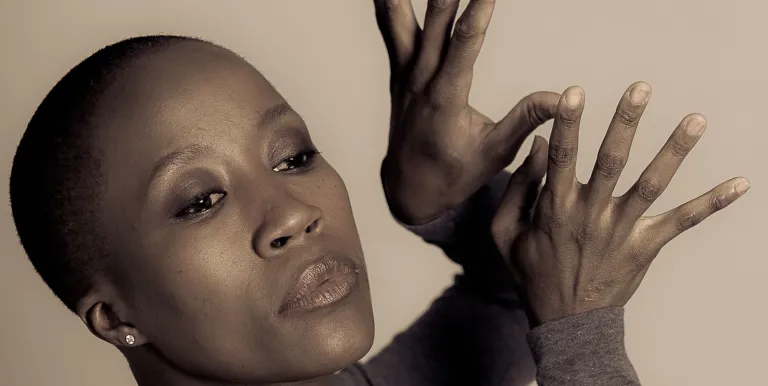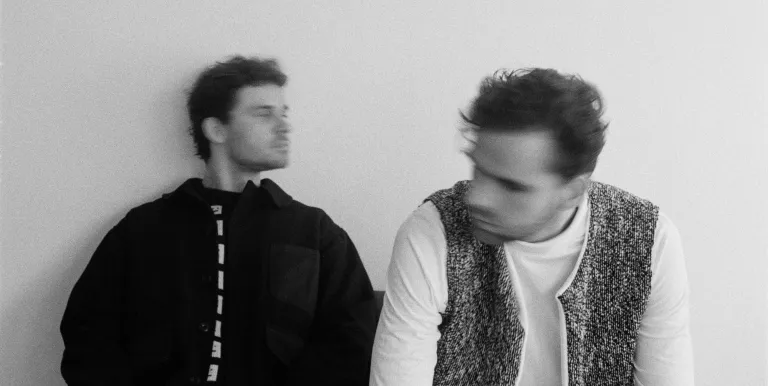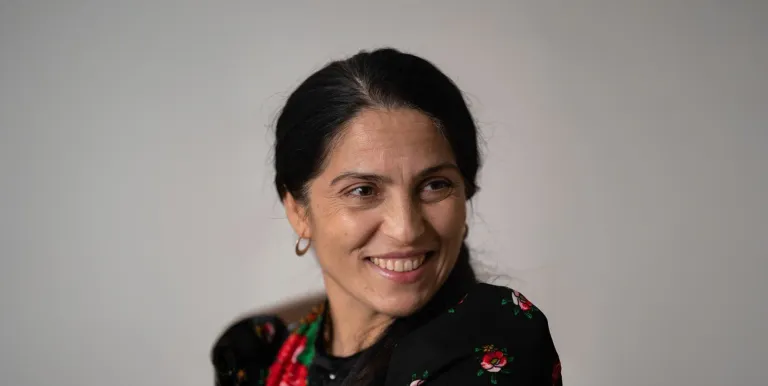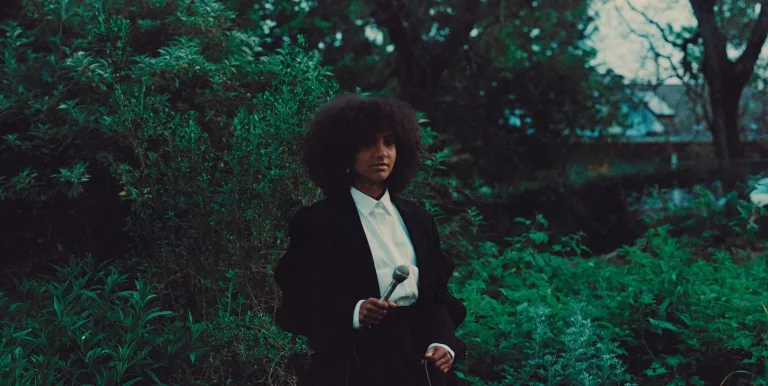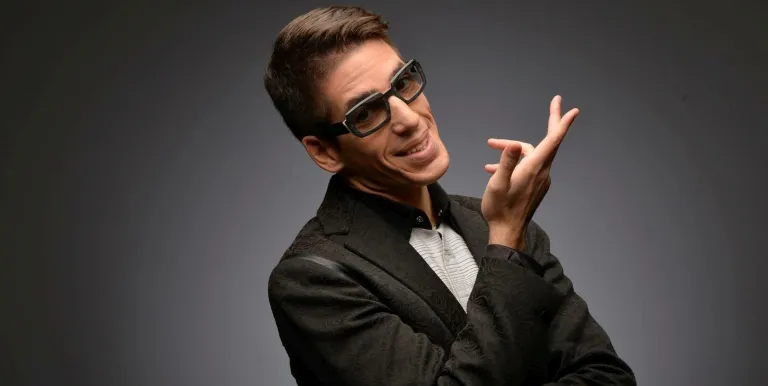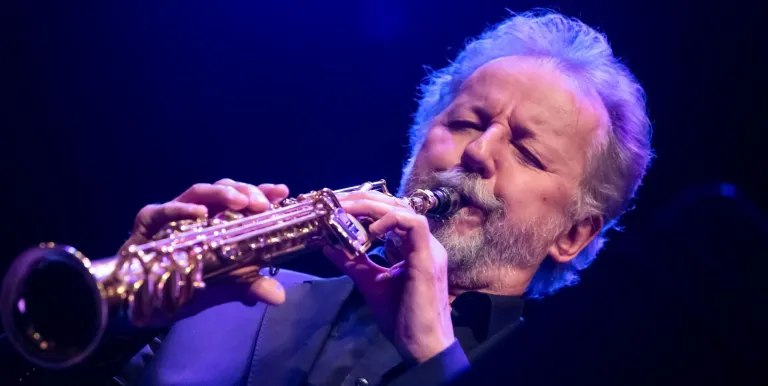Ever since the late 1990s, when she won a talent contest on French radio, Rokia Traoré has proved capable of moulding Malian mythology in her own image.
She was the first to pair traditional instruments like the ngoni and the balafon, and despite not originating from the hereditary caste of musicians, highly-regarded musicians such as Ali Farka Toure, Boubacar Traoré and Toumani Diabaté recognised her talent, understanding perfectly the magic of this delicate singer songwriter. Traoré, born in 1974, first emerged at the Bamako University club, singing songs and playing guitar. Though she brings together various Malian styles with a striking tenderness, she has never hidden the deep influence of the Western dance music she heard while travelling with her diplomat father. But then why would she? Though she may have strayed from her “pure” roots, she continues to perform genuine Malian music with a unique depth. Between 1998 and 2003, she released three highly successful albums (Mouneissa, Wanita and Bowmboi), which turned her into one of West Africa’s most popular performers. She then chose to devote herself to motherhood, resulting in a five-year wait for her next album, Tchamantché. Traoré later fled Mali and moved to Paris due to the Malian religious and civil conflict, and recorded the album Beautiful Africa in tribute to her homeland. This album was as emotional as the wildest rock ‘n’ roll, yet Traoré didn’t distance herself from Mali for a moment: the “wailing” of the small-bodied, acoustic ngoni remains just as effective as a distorted guitar. The Roots show is constructed primarily around traditional African instruments, re-interpreting the works of Fela Kuti, Miriam Makeba, Bob Marley and Jacques Brel. Traoré brings them all with her on her journey to Müpa Budapest.
Presented by: Müpa Budapest
-
We wish to inform you that in the event that Müpa Budapest's underground garage and outdoor car park are operating at full capacity, it is advisable to plan for increased waiting times when you arrive. In order to avoid this, we recommend that you depart for our events in time, so that you you can find the ideal parking spot quickly and smoothly and arrive for our performance in comfort. The Müpa Budapest underground garage gates will be operated by an automatic number plate recognition system. Parking is free of charge for visitors with tickets to any of our paid performances on that given day. The detailed parking policy of Müpa Budapest is available here.

